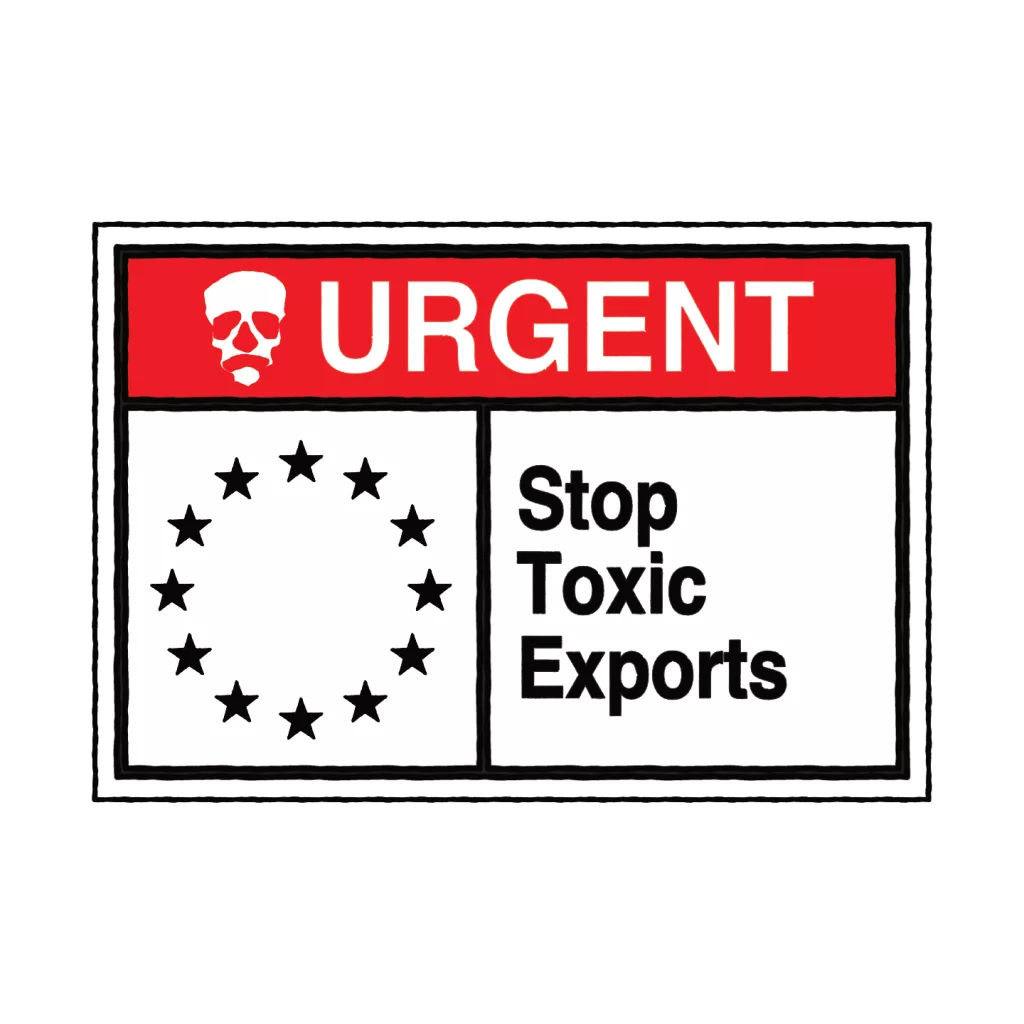The IUF, EFFAT, the IUF’s regional organization in Europe, and more than 325 trade unions and NGOs world-wide have issued a joint statement calling for an immediate ban on the export of toxic pesticides banned in the European Union (EU). These pesticides are banned in Europe because of their impact on workers, the community and the environment, but they can still be exported for use outside the EU. Paraquat, the most toxic of pesticides for which there is no antidote if people are exposed, is still being exported despite being banned for use in the EU since 2007.
- An in-depth investigation has shown that, in 2018 alone, more than 81,000 tonnes of pesticides containing 41 different hazardous chemicals banned on EU fields, have been exported from European factories for use in agriculture in other countries
- The European Commission has committed in its Chemicals Strategy for Sustainability to protect people’s health and the environment and to put an end to the export of hazardous pesticides already banned in Europe, but there are currently no plans in 2023 to amend the EU regulation that governs the export of hazardous chemicals (PIC)
- The joint statement also calls for the prohibition on the export of banned chemicals to be complemented by just transition measures to support the transition away from hazardous chemicals towards “safer and sustainable alternatives, especially Integrated Pest Management, Integrated Weed Management, agroforestry and agroecology”
Mopholosi Morokong, IUF Africa Occupational Health and Safety Officer, stated, “Exposure to hazardous pesticides is one of the main occupational hazards facing agricultural workers around the world. Governments, including those making up the European Union, must stop allowing the export of pesticides that are banned within their own jurisdiction.”
